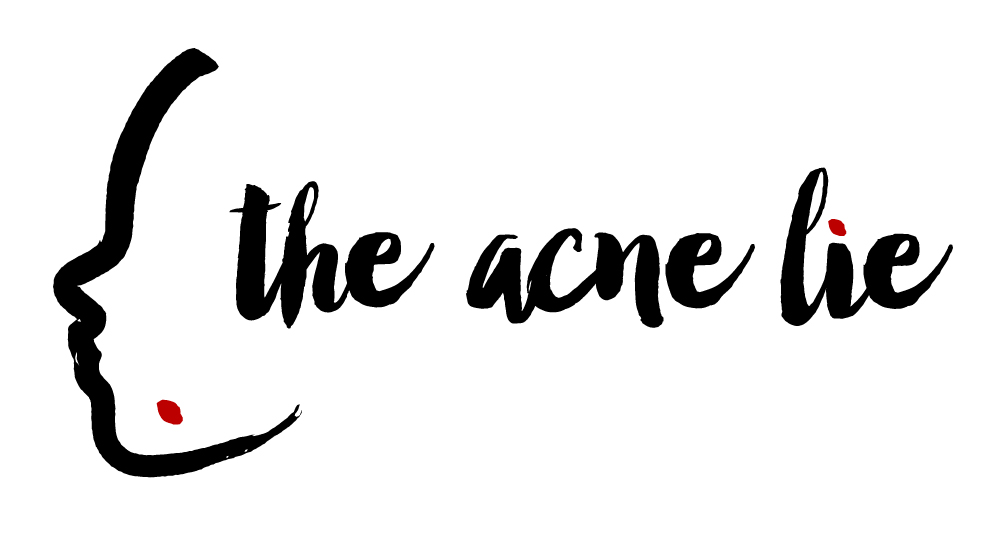If you struggle with acne, then you already know about the importance of keeping your skin clean. Skincare is important for everyone – after all, we all have skin – but the proper skincare routine is especially important for anyone with acne or other skin challenges.
But cleansing your skin isn’t the only step. Here are three important things that might be missing from your skincare routine:
(1) Exfoliation
Exfoliation is the process of removing dead skin cells from the surface of your skin. This helps make way for the new, healthy skin cells to grow, as well as keeping your pores clear. Properly exfoliated skin can have the appearance of being smoother and brighter. Most commercial exfoliators have microbeads that provide gentle friction to help scrub away the dead skin. Chemical and mechanical exfoliation are also options, but it’s probably best to start with over-the-counter exfoliators that can be applied in the shower or during your normal skincare routine. You also want to be careful of over-exfoliating. Since you’re scrubbing at your skin to remove oil and the top layer of dead cells, there is the danger of scrubbing too much or too often, leaving your skin dry or damaged. [1] Do some research or talk to a doctor if you have questions or concerns about exfoliation.
(2) Vitamin C usage
Vitamin C does more than just help keep colds at bay. Vitamin C is a powerful antioxidant that can boost your immune system by fighting free radicals inside your body (free radicals are unstable atoms that contain unpaired electrons, which for you non-science folks basically means that free radicals can ultimately lead to damaged or malformed cells in the body). [2]
Vitamin C fights these free radicals inside your body if you eat vitamin C-rich foods like citrus fruits or green leafy vegetables or take a vitamin C supplement. But vitamin C has also been found to fight free radicals on your skin if applied topically. A skin treatment serum with vitamin C can protect against UV damage, reduce inflammation, and boost collagen production. [3]
(3) Daily Moisturizing
Many folks with oily skin or acne think that moisture is the last thing that their skin needs. But what all skin types need to be healthy is moisture. Most truly effective moisturizers are not oily or greasy – so if you’ve used a product that left your skin oilier than before, then do some research to find a product that truly moisturizes. A good moisturizer helps keep the water content in your skin. A lot of skin cleansers, especially for acne, are very drying. It’s important to have moisture – water – put back into your skin to keep your skin from flaking or peeling. [4] Or to keep it from over-producing more oil as your skin tries to compensate for being too dry.
Bonus tip: Know your Skin Type
Before implementing a skin care routine, or before adding any new steps or products, it’s important to know what kind of skin you actually have. [5] Not all acne-prone skin is oily. And just because you might have had a strong reaction to one powerful product, does not necessarily mean that your skin is sensitive to everything. Knowing if your skin is oily, dry, or a combination can help you find the right skin care routine for you.
References:
- https://www.positivehealthwellness.com/beauty-aging/complete-guide-exfoliate-skin/
- https://en.wikipedia.org/wiki/Free-radical_theory_of_aging
- https://www.ncbi.nlm.nih.gov/pmc/articles/PMC3673383/
- https://www.verywell.com/do-i-need-a-moisturizer-if-i-have-oily-skin-15595
- http://www.webmd.com/beauty/ss/slideshow-skincare-routine

